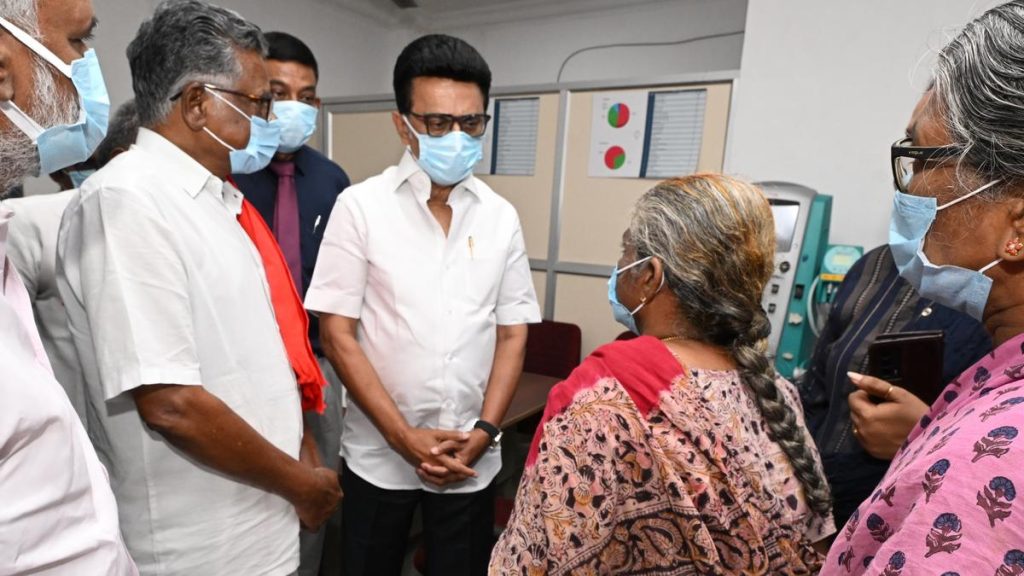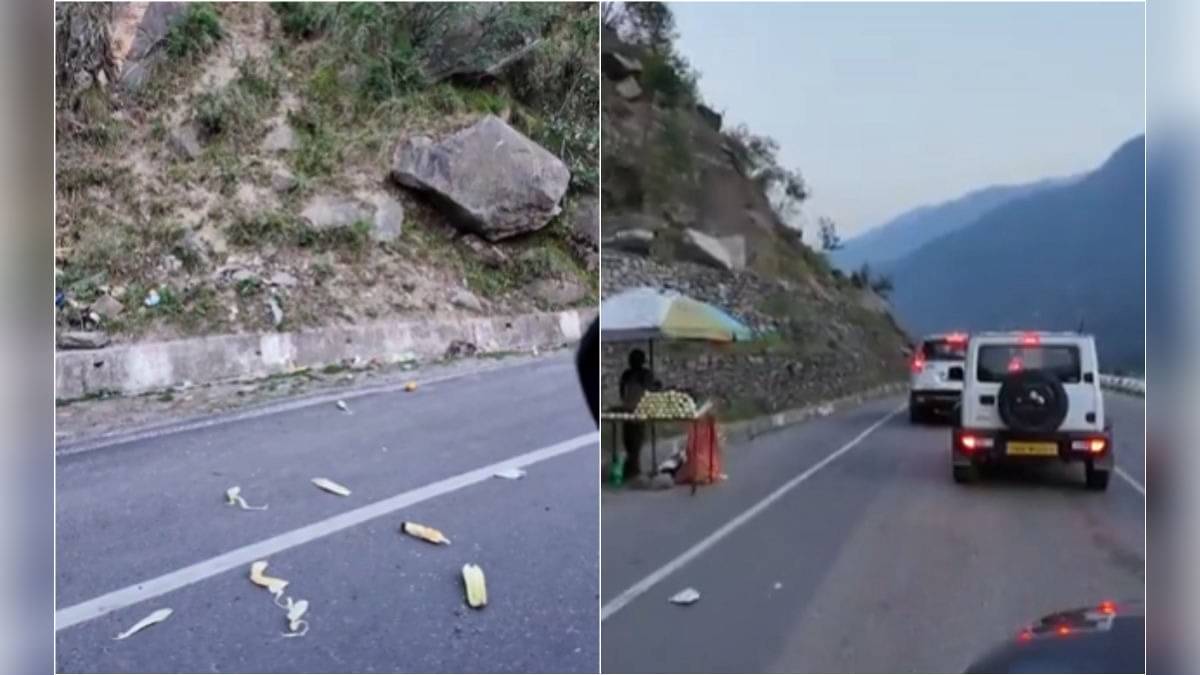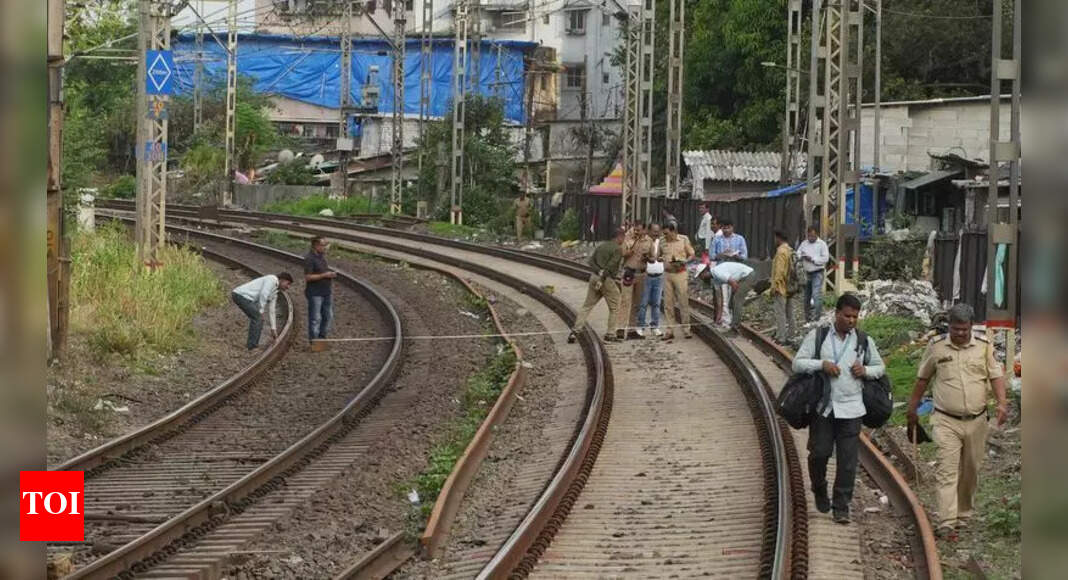Now Reading: Woman Delivers Stillborn After Ambulance Delay
-
01
Woman Delivers Stillborn After Ambulance Delay
Woman Delivers Stillborn After Ambulance Delay

rapid Summary:
- A 24-year-old Maharashtra woman delivered a stillborn baby at Nashik civil hospital on June 11.
- The family alleged the death was due to significant delays in ambulance services adn lack of tertiary medical facilities locally.
- The mother, Avita Sakharam Kavar, experienced severe pain early morning on June 11 and contacted ASHA workers, who arranged private transport after ambulances failed to arrive on time.
- She was taken from Khodala primary health centre (PHC) to Mokhada rural hospital, where the baby was declared dead. Due to high fever and inadequate facilities at Mokhada hospital,she was referred again to Nashik for surgery.
- After receiving the infant’s body at Nashik hospital,her husband had no resources for ambulance services and carried the deceased infant 70km back home using public transport.
- The couple are laborers working in a brick kiln in Ambernath and belong to Jogalwadi village in Mokhada taluka.
- Medical officer Santosh Chaudhari confirmed that necessary referrals were made due to lack of tertiary care facilities.
Indian opinion Analysis:
The tragic incident highlights systemic shortcomings in India’s rural healthcare infrastructure specifically concerning accessibility and emergency services for expectant mothers.Despite having primary health centers (PHCs) accessible locally from villages like Jogalwadi, gaps such as delayed ambulance availability and absence of tertiary medical care continue hindering timely intervention during critical emergencies. Rural hospitals often rely heavily on referrals when advanced procedures or treatment are required-as seen here-creating logistical hardships disproportionately impacting economically disadvantaged families like Avita’s.
This raises questions about resource allocation across India’s healthcare sectors-underscoring an urgent need for better regional distribution of tertiary facilities alongside dependable emergency vehicle networks that minimize patient dislocation during life-or-death scenarios.




























